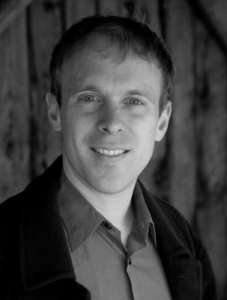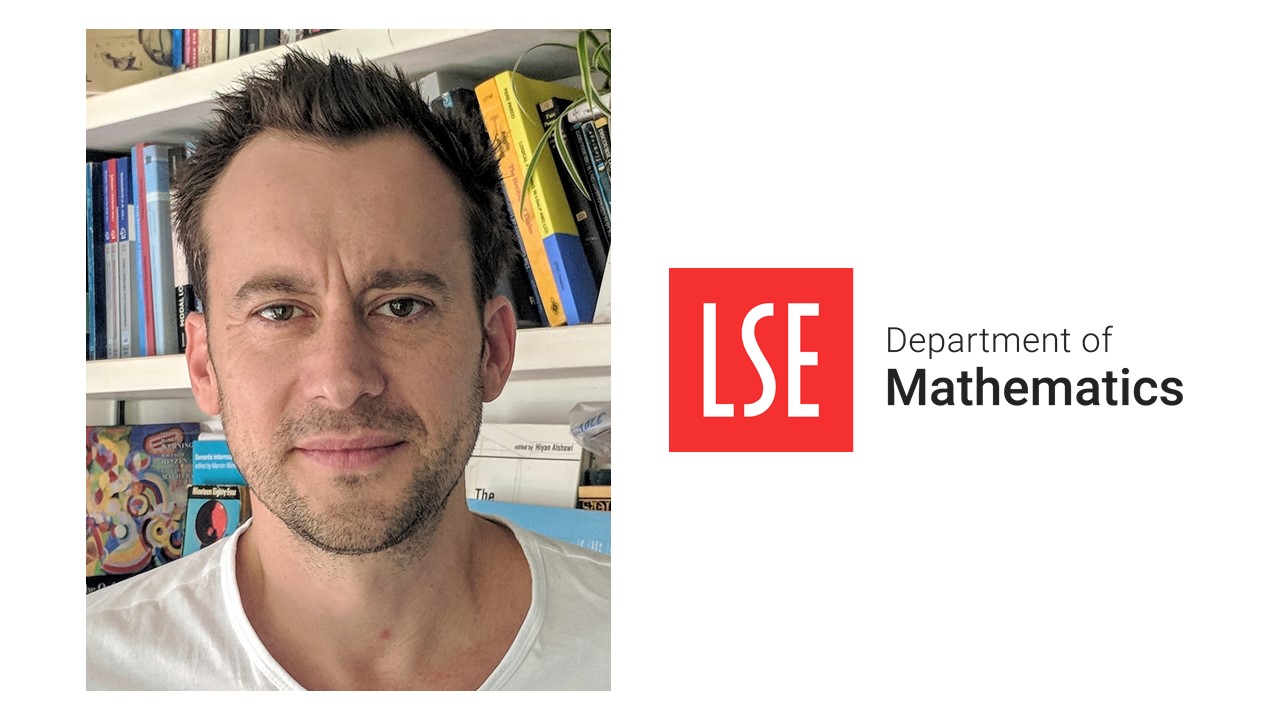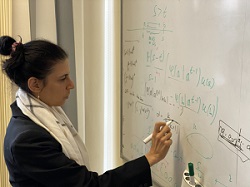 In this new series of blogs, we find out more about the academics here in the Department of Mathematics, what their research interests are and their favourite part of being at LSE.
In this new series of blogs, we find out more about the academics here in the Department of Mathematics, what their research interests are and their favourite part of being at LSE.
For this post we chat with Prof Johannes Ruf, who is an Associate Professor in the Department and a Programme Director for our MSc in Financial Mathematics.
How long have you been here at LSE?
I started at the LSE in September 2016, hence have been here a bit more than two years. Before this, I was a Senior Lecturer at UCL for two years and a Senior Research Fellow at Oxford for three years. I did my PhD at Columbia University in its Statistics department.
In layman’s terms, what are your main fields of research/interest?
My main interests are questions arising at the intersection of finance, probability, and statistics. For example, I work in Stochastic Portfolio Theory, a framework to analyse the behaviour of portfolios and the structure of large equity markets. What I like about this field is that it is empirically driven, mathematically interesting, and has insightful and practical results for long-term investors. An example of the research in this field is this non-mathematical paper. This article illustrates how and why certain naive trading strategies (such as the monkey portfolio) outperform the market in the long-run. Together with my PhD student Weiguan Wang, we have also started to study the applications of machine learning techniques to finance.
How did you first become interested in this area?
During my doctoral studies, my adviser, Ioannis Karatzas, invited me to this fantastic series of informal research meetings with other university researchers and research-active industry practitioners. Among the participants was also Bob Fernholz, who was a former academic, then founded his own asset management company, and formalised Stochastic Portfolio Theory. These meetings were inspiring – lots of research ideas were formulated there. Since then I have been working on and off on Stochastic Portfolio Theory. Sometimes more, sometimes less; oscillating between more applied and more theoretical questions.
What are your favourite courses to teach, or favourite part of teaching those courses?
I’ve taught a couple of courses at the LSE, both on the undergraduate and the graduate level. It’s great to have students with diverse backgrounds and experiences, as it is common for the LSE mathematics courses. I especially enjoyed developing a new summer school course from scratch last summer, with my colleague Luitgard Veraart. This course connects theory with practical implementations; teaching these links I enjoy a lot. The course was part of a longer list of Financial Mathematics courses that we introduced last year to the summer school. They all turned out to be extremely successful and got excellent student feedback – so we decided to continue this coming summer.
What is the best part of being at LSE?
LSE has one of the world-wide largest research groups in Financial Mathematics (it might be even the largest). There are also plenty of possibilities to link with the many London-based practitioners who work in banks, in hedge funds, and in Fintech. This allows for a very active research program with lots of visitors, a continuous exchange and flow of ideas, an inspiring research atmosphere, and lots of joint projects.
At the same time, LSE feels actually like a small university – it’s easy to connect to academics in other disciplines, all the research seminars are close, and people very friendly.





